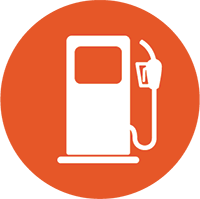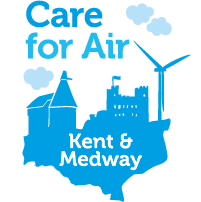How petrol, diesel, hybrid and electric vehicles compare
 Petrol, Diesel and Electric vehicles are those vehicles that run on those fuels. Hybrid vehicles are those that have both fuel (petrol or diesel) and an electric motor. At low speeds, the engine is turned off and the car is driven only by the electric motor. The electric motor is also used alongside the engine when greater acceleration is needed. At stages between, any excess power generated by the engine is used to recharge the batteries that power the electric motor. Some hybrids can be plugged in which is similar to fully electric cars enabling
then to travel longer distances on just electric power.
Petrol, Diesel and Electric vehicles are those vehicles that run on those fuels. Hybrid vehicles are those that have both fuel (petrol or diesel) and an electric motor. At low speeds, the engine is turned off and the car is driven only by the electric motor. The electric motor is also used alongside the engine when greater acceleration is needed. At stages between, any excess power generated by the engine is used to recharge the batteries that power the electric motor. Some hybrids can be plugged in which is similar to fully electric cars enabling
then to travel longer distances on just electric power.
There are many judgements to be made when choosing a car the information below shows the pros and cons that mainly relate to air pollution and climate change
| Vehicles Type | Pros | Cons |
|---|---|---|
| Diesel |
|
|
| Petrol |
|
|
| Hybrid |
|
|
| Electric |
|
|
Increasing Efficiency and Reducing Pollution
Whatever vehicle a driver has - the advice below may help you get better fuel economy and reduce the pollution vehicles produce. You may want to show these tips to family members:
- Consider alternatives - walk, cycle or take the bus
- Drive slower and never speed - not only is it illegal to speed the faster you go the greater the fuel consumption and pollution
- Service your vehicle - get vehicles serviced regularly helps maintain efficiency
- Tyres - check tyre pressures regularly and particularly before long journeys. Under-inflated tyres create more resistance decreasing efficiency
- Vehicle Load - the more weight the vehicle moves the more fuel used therefore removing unwanted items (before leaving on a journey!)
- Streamline - if vehicles with roof-racks or boxes these can be removed to reduce wind resistance
- Plan journeys - to ensure you don’t get lost and check the traffic news
- Combining journeys - reducing overall number of miles driven and cold starts reduced overall fuel use
- Smooth driving - gentle acceleration, smooth driving and avoiding unnecessary braking saves fuel, pollution and money!
- Reduce air-con - air-conditioning requires power which increases fuel consumption
- Turn things off - your heated rear windscreen, seats, demister, blowers and headlights all use energy so switch them off when you don't need them on!
- Get in and go - modern engines are designed to be most efficient when you get in and drive off; unnecessarily revving wastes fuel, money, increases engine wear and emission
- Avoid leaving your engine running - if you're likely to be at a standstill for more than a minute or two, switch-off the engine. When the engine is idling, you're wasting fuel
